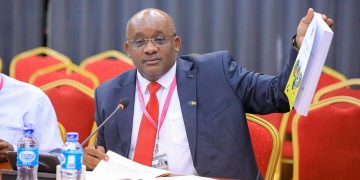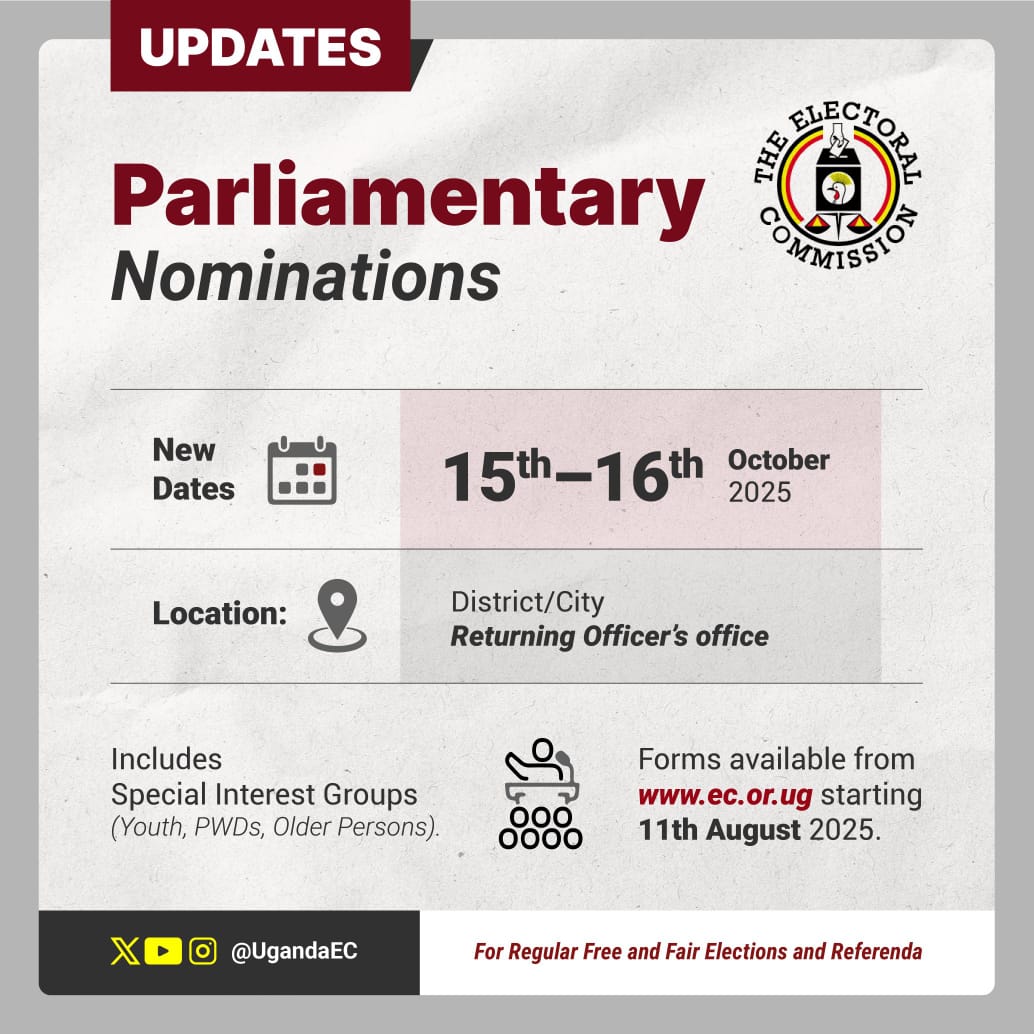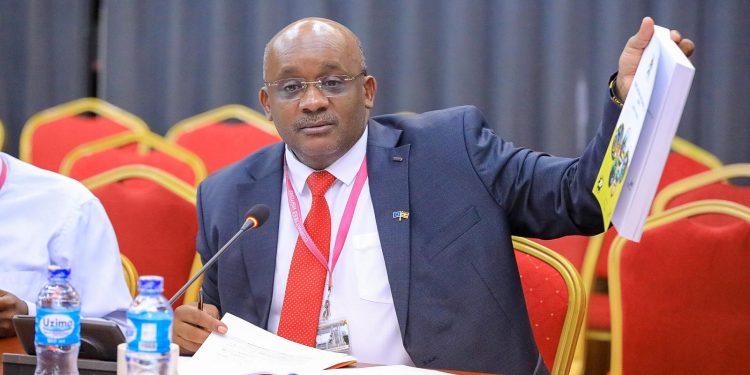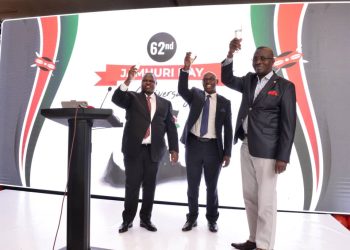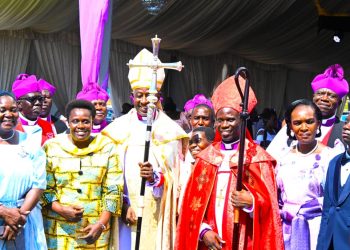The Civil Society Budget Advocacy Group (CSBAG) has raised alarms regarding the government’s capacity to achieve the ambitious goals set forth in Uganda’s fourth National Development Plan (NDP IV).
During a session with the Budget Committee led by the MP for Kachumbala County, Patrick Isiagi on Wednesday, January 8, 2025, CSBAG’s Executive Director, Julius Mukunda, highlighted that budget deficits, misaligned priorities, and implementation inefficiencies could jeopardize the plan’s success unless immediate reforms are initiated.
Mukunda emphasized that NDP IV, which serves as a strategic framework for Uganda’s development over the next five years, is facing a significant disparity between the proposed budget and the necessary resources to fulfill its objectives. For the fiscal year 2025/26, the government has earmarked shs57.4 trillion, falling short of the targeted shs67.8 trillion.
“Starting NDP IV with such a significant shortfall of Shs10.4 trillion signals early failure in achieving the desired results,” he said.
He criticised the underfunding of critical programmes like the Area-Based Transformative Measures (ATMs) which are central to driving growth under NDP IV.
“These ATMs are considered the magic growth pillars of the plan, yet they have been allocated only Shs2.7 trillion out of the required Shs4.7 trillion. A gap of Shs2 trillion is unacceptable and undermines the entire initiative,” Mukunda added.
Mukunda also highlighted discrepancies in resource allocation, where some programmes such as Development Plan Implementation and Sustainable Urbanization and Housing have received funding exceeding NDP IV estimates.
“This is not a sign of additional investment but a reflection of poor coordination and uncoordinated allocation of resources,” he noted adding that, ’without proper alignment, we risk fragmented efforts and a divergence from the core objectives of the development plan’.
Mukunda stressed that achieving the goals of NDP IV requires improved coordination among government agencies to ensure that interventions are well-planned and realistically costed.
“We need evidence-based costing that reflects the availability of resources and the potential outcomes of each programme. Only then can we ensure that every shilling spent contributes directly to Uganda’s transformation agenda,” he said.
He also called for stronger accountability mechanisms to monitor how resources are used.
“We must enforce accountability at all levels from national agencies to local governments to ensure that funds are spent as planned and to avoid waste and corruption,” Mukunda stated.
Mukunda highlighted the country’s outdated legal framework which he said does not fully support the programmatic approach to budgeting introduced in NDP IV.
“The Public Finance Management Act of 2015 and its accompanying regulations still reference sectoral committees and sector budget framework papers which are incompatible with the new approach,” he explained.
Mukunda urged Parliament to amend the law to formalise programme-based budgeting and restructure its committees to track outcomes of programmes that span multiple sectors.
Hon. Faith Nakut (NRM, Napak District Woman Representative) hailed the proposals by CSBAG especially on penalties for districts that fail to comply with the NDP stating that it will make them take the goals seriously.
Amolatar District Woman MP, Hon. Agnes Apea said the NDP looks like a project development plan rather than a development plan.
“In the infrastructure development, a plan could have come for instance for Northern Uganda stating that for infrastructure and connectivity, we will have a rail here, these roads connect here…something like that, but the plan has cherry picking,” she said.
